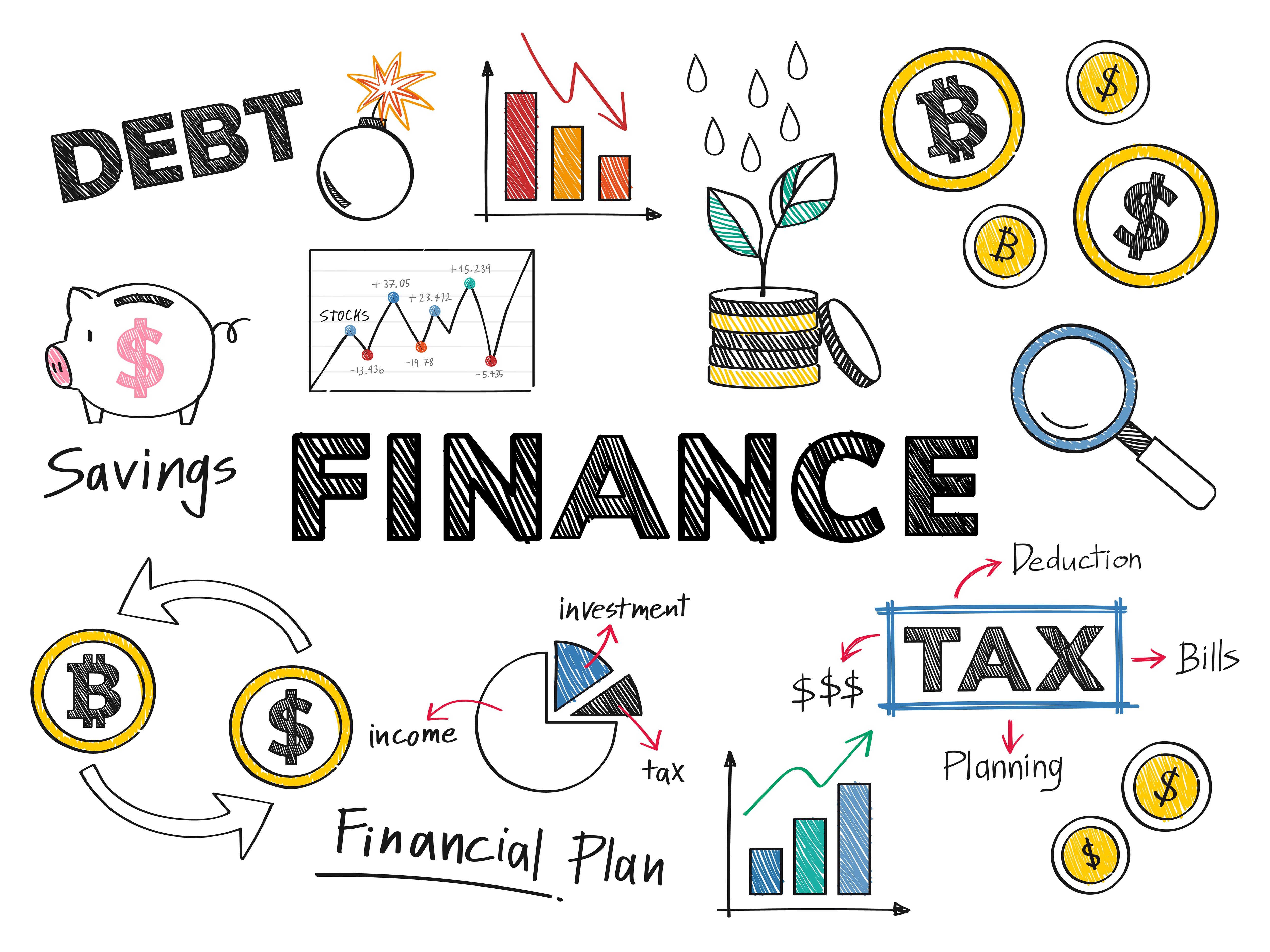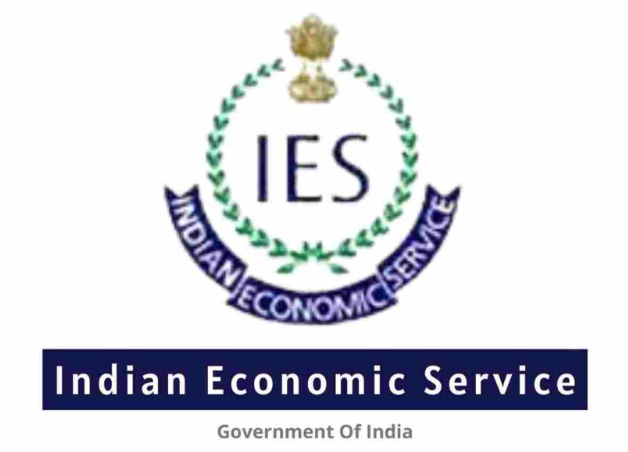

We have a database of over 11,000 colleges all over India.
Connect with us to find your perfect fit!
Blog
11 July,2022 | By Brainwonders

B.A Economics is a three-year program designed to provide a general education, emphasizing the skills and knowledge required to understand the economy. It is an amalgamation of Macroeconomics, Microeconomics, and Statistics.
The study of the nation and global economy, which includes broad concepts like income and employment, government budget, and payment balance, is called Macroeconomics. Microeconomics is the study of economic ideas at the individual level, including analyzing price determination, tyoes of markets, demand, supply, etc.
Statistics is an essential element of the study of Economics as it helps to interpret and make sense of economic data.
The course makes a student acquainted with the current thinking on matters of public importance such as inflation, unemployment, national debt, taxation policy, international trade policy, natural resources, and environmental economics. It trains a student to think logically and clearly about matters involving choice among alternatives.
Since Economics deals with large numbers and data, the importance of statistics is deeply ingrained in the course.
The extensive knowledge of the subject makes a student well equipped to understand and analyze trends of demonetization, the impact of Make in India, the introduction of goods and services and tax, the annual budget, etc.
It's a common question faced by many students. If one is not very proficient in Mathematics, they may wonder whether Economics is a good choice and how much Mathematical aptitude they would require.
The answer to that is, one should have a decent grasp of Mathematics as it is essential to the core of economics and Statistics. Maths plays a vital tool in understanding the subject, and it would not be easy to do without it.
Most colleges require a student to have studied maths until the 12th but may or may not need the subject to be included in the best-of-four.
Note – This list is indicative and doesn't indicate rankings of institutions.
Recommended Read:
The scope of economics honors is vast and overreaching, but one has to find themselves in a fix due to the variety of courses.

Actuarial science is a growing career option for Economics graduates. Actuaries use mathematical skills and statistical methods to determine risk in finance, insurance, and other areas. Economics's practical and analytical knowledge will help one perform in this field with utmost proficiency.

The curriculum of Economics harnesses skills of financial intellect and understanding. Suppose a student feels Finance and Banking are their things. In that case, they can pursue an MBA in Finance and Banking or an M.A in finance, or a Chartered Financial Analyst certification after graduating.

Aspirants of civil services who are also blessed with a knack for Economics can target the IES. Economists in this sector play a part in creating and implementing development policies and programs, besides dealing with other areas such as economic reforms, regulation, price fixation, and monitoring.
The combined knowledge of economics and Law makes a student suitable for corporate Law, market research, and public policy careers. After completing graduation in Economics, one can go forward with a 3-year degree in Law.
As a social science, economics has its roots in many humanistic themes, such as environment, agriculture, political science, etc., some of which will also be a part of the course. As a result, one can go on to specialize in any of these interdisciplinary fields:
This field aims to improve the economic conditions of farmers and marginal groups by implementing changes in public policy. Studying the Indian economy and its operations makes an Economics graduate well equipped to deal with such situations and makes it a perfect career option.
A degree in economics coupled with an MBA opens up doors in various management domains, including sales, marketing, public relations, human resource management, operations, etc.
Many consultancy firms hire Economics graduates as economic advisors to their firms. Financial advisors conduct research, prepare reports, and formulate plans to address economic problems. Problems are mostly related to producing and distributing goods and services and monetary and fiscal policy.
B.A economics is a vast course that provides extensive knowledge about the practical and technical concepts that run the world.
A student needs to develop many skills to reach their professional goal. The following blog from Brainwonders might help you understand those necessary skills for a better future Top 8 Skills of the Future: Let’s talk about developing them. Here at Brainwonders, we provide certified Career Counselling by the best career counselors. They will help you at each step to decide your career path. This guidance will be based entirely on understanding your innate abilities, assessed through a well-research method called DMIT. For any more queries, please feel free to contact us.
Fill the form to know how!